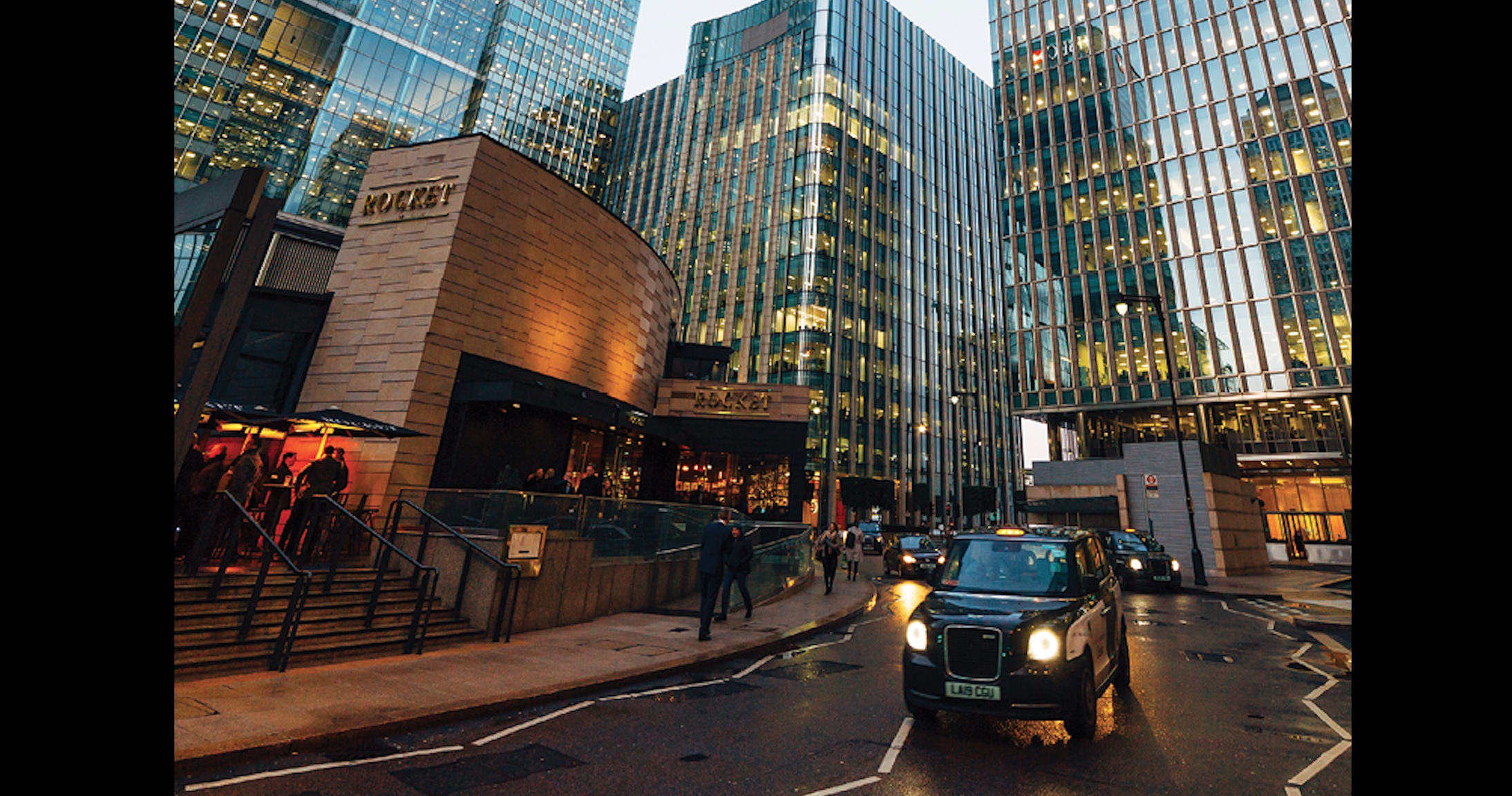Small point to note, if they're Eurobalises, they're ETCS. They just might not be being used by the signalling aspects of ETCS, similarly to how TASS is "Not part of ETCS".
Well, there is no ETCS signalling system on Western at the moment, but there are Eurobalises, and they are used as detailed in my earlier post. They are only used for fixed position information for the on board equipment on the train.
As far as I am concerned, an ETCS is primarily a signalling system designed to provide the same or better protection than a conventional signalling system. Provision for some additional facilities has also been included.
Eurobalises and the on train equipment are part of a ETCS. But for these parts to become a ETSC signalling system you need more than just these parts. Hence, as far as I am concerned, in order to try to keep the terminology simple, I thought saying what I said was the simplest way of describing it.
Hence why I put some are beacons, apologies if the terminology doesn't quite map
That’s fair enough. Although I should point out that the word beacon is also used to describe the fixed GWML ATP equipment mounted in the track. Similarly the term ‘loop’ is used by both TPWS and ATP, but these are different things between the two different systems.
As with lots of technology, the same equipment can sometimes be used for more than one purpose. Or the same term is used for different equipment. And sometimes people mix and match between. It makes life more interesting, but can also be confusing!

